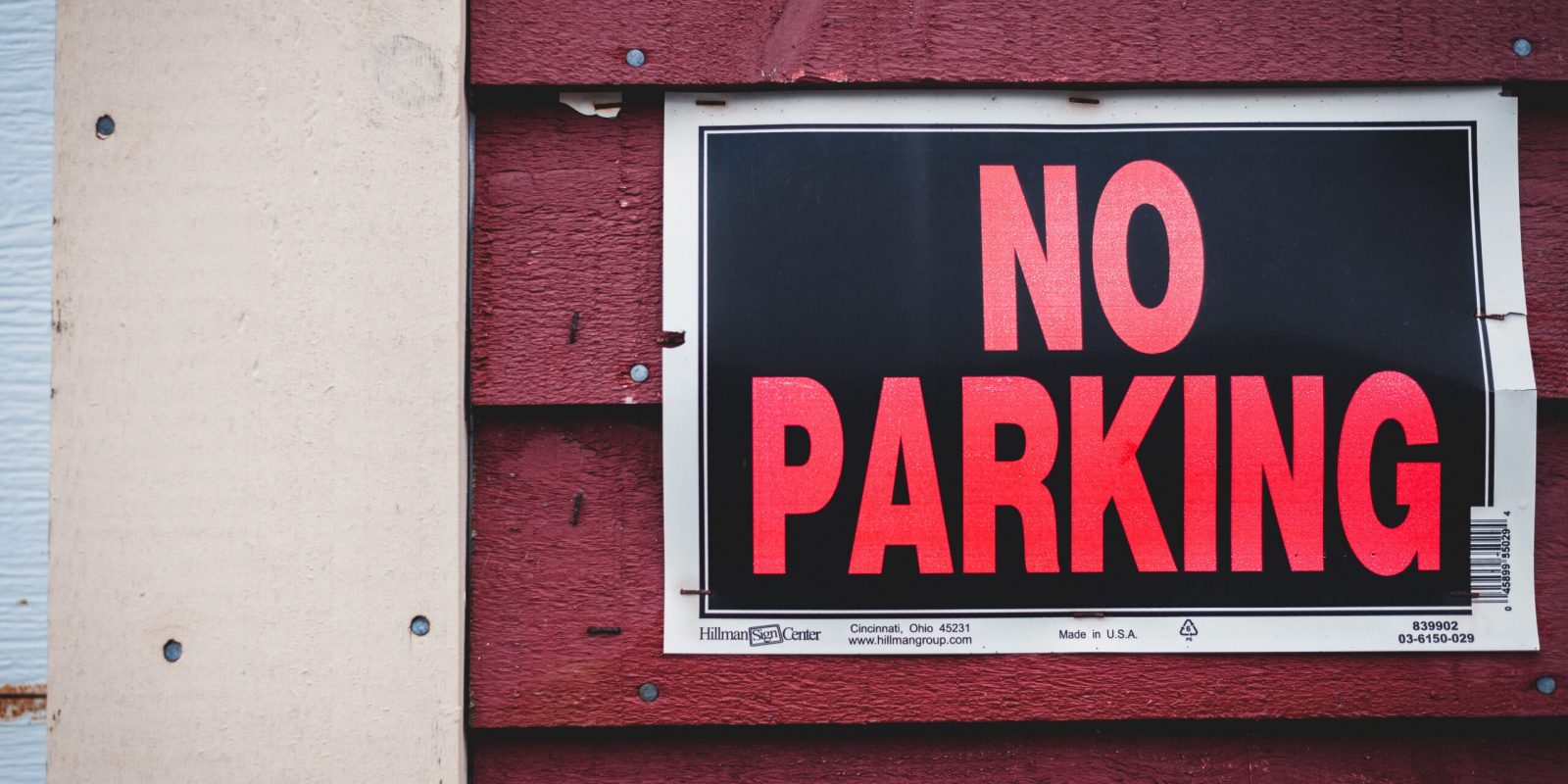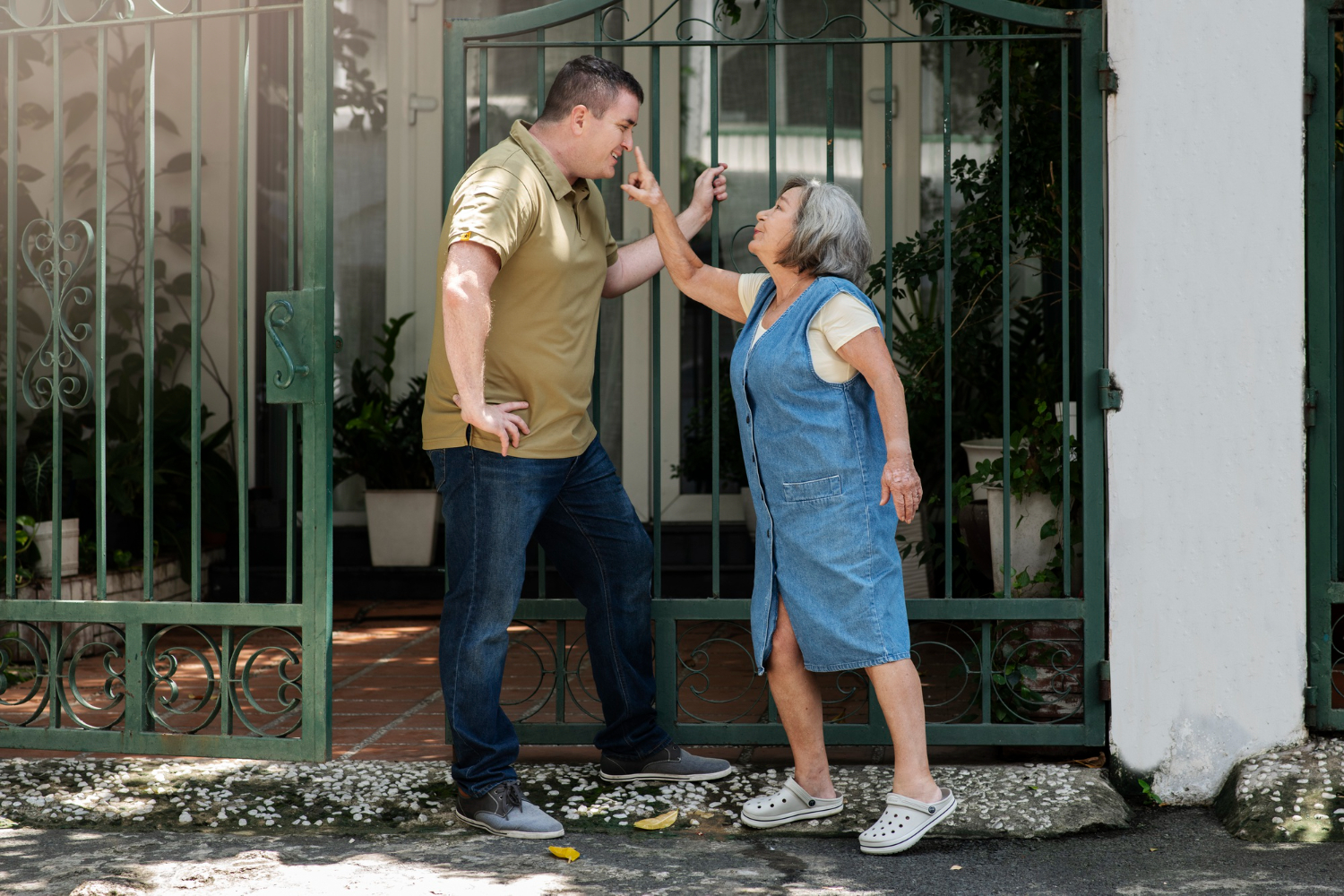Homeowners Associations (HOAs) have become increasingly popular in recent years, providing a sense of community and order to neighborhoods. But with this comes the question: Should homeowners be responsible for enforcing HOA violations? Short answer is it depends on the association and its governing documents.
In this blog post, we will discuss the responsibilities of homeowners when it comes to HOA violations, the limited authority they possess if acting on their own accord and consider the long-term effects of these violations on a community before ultimately concluding that it is up to each individual homeowner whether or not they choose to become an enforcer.
Responsibility of Homeowners
Homeowners who are part of HOA are not only responsible for abiding by the rules set forth by the organization, but they are also accountable for any violations that happen within their community. It’s important to understand that homeowners must maintain a certain level of responsibility and be willing to report any violations that occur to the HOA Board or management company. This helps ensure a safe and secure neighborhood environment for all residents.
Homeowners should make sure they are aware of all applicable HOA policies and regulations before making any changes to their property. Not only is it important to remain in compliance with the rules set forth by the HOA, but it is also essential to keep an eye out for violations that could affect other members in the community. When a violation is reported, it will be up to the board or management company to take action against the offending homeowner.
It’s also important for homeowners to remember that they can’t take matters into their own hands when it comes to punishing HOA violations. Even though some homeowners may feel like they have some limited authority when it comes to enforcing violations, caution should still be practiced at all times. It’s essential for homeowners to remain courteous and peaceful when dealing with any issues related to enforcement of HOA policies, as this will help prevent escalating situations from becoming violent or resulting in legal action.
Limited Authority
When it comes to enforcing HOA violations, homeowners should always consider limited authority when taking action on their own. It’s important to remember that homeowners don’t have the same power as the board or management company and therefore shouldn’t take matters into their own hands. Instead, they should exercise caution and be courteous in dealing with any issues.
Homeowners may want to think twice before taking any action that could potentially put them in a compromising position. Laws can vary from state to state, so it’s important to understand the applicable laws before engaging in any type of enforcement activity. Additionally, homeowners should remember that they are not legally allowed to break into a residence or damage another individual’s property while attempting to enforce an HOA violation. Therefore, it is best practice for them to stay within the legal boundaries when trying to address a problem.
Furthermore, homeowners must always remain civil and respectful even when faced with a challenging situation involving an HOA violation. This means that even if there is disagreement between two parties about an issue, all involved should remain calm and avoid getting into heated arguments that could worsen the situation.
Look at Long-Term Effects
When a homeowner allows their property to become in violation of HOA rules, it can have long-term effects on other homeowners and the entire community. For instance, when homeowners do not properly maintain their homes, the surrounding homes can suffer from reduced property values. In addition, violations such as excessive noise or disruptive behavior can be damaging to peaceful neighborhood living.
Over time, this kind of disorderly conduct may become entrenched in an area if not effectively addressed. Furthermore, failure to enforce HOA rules may lead to a lack of respect for authority and create a sense of lawlessness among residents. Moreover, all homeowners should strive to keep their properties in compliance with HOA regulations and be mindful of how their actions affect others in the community.
It's A Personal Decision
Moreover, the decision to become an HOA violation enforcer is an individual one that should be taken seriously. Homeowners must consider their own abilities and willingness to take on this responsibility. While some may feel they are capable of engaging in this kind of enforcement, others may not have the time or resources. It requires a certain level of commitment and dedication, as well as an understanding of the rules and regulations set forth by the HOA board.
Some homeowners may find that taking on this role has both personal and financial benefits for them, such as improved community standing, increased property values, or even a sense of satisfaction from helping enforce rules that benefit everyone in the neighborhood.
However, becoming an HOA violation enforcer also comes with potential risks, including potential legal liability for any wrongdoings committed by yourself or those you report. Ultimately, it is up to each homeowner to weigh these risks against the potential rewards and decide if becoming an HOA violation enforcer is something they are willing to do.
Final Thoughts
In conclusion, the decision of whether or not to become an HOA violation enforcer should be a personal one. Homeowners must consider their own responsibility and authority when it comes to reporting violations, as well as how their actions may affect the community in the long-term.
Ultimately, homeowners need to decide if they are willing and able to take on this role in order for HOAs across America to remain effective governing entities for all stakeholders involved. By considering these factors before taking action, homeowners can ensure that any enforcement efforts will result in a positive outcome for everyone living within their communities.
At AMC, we understand how difficult it can be to enforce HOA violations on your own. That’s why we offer our top-notch services to help you with any violation enforcement needs. Contact us today!






